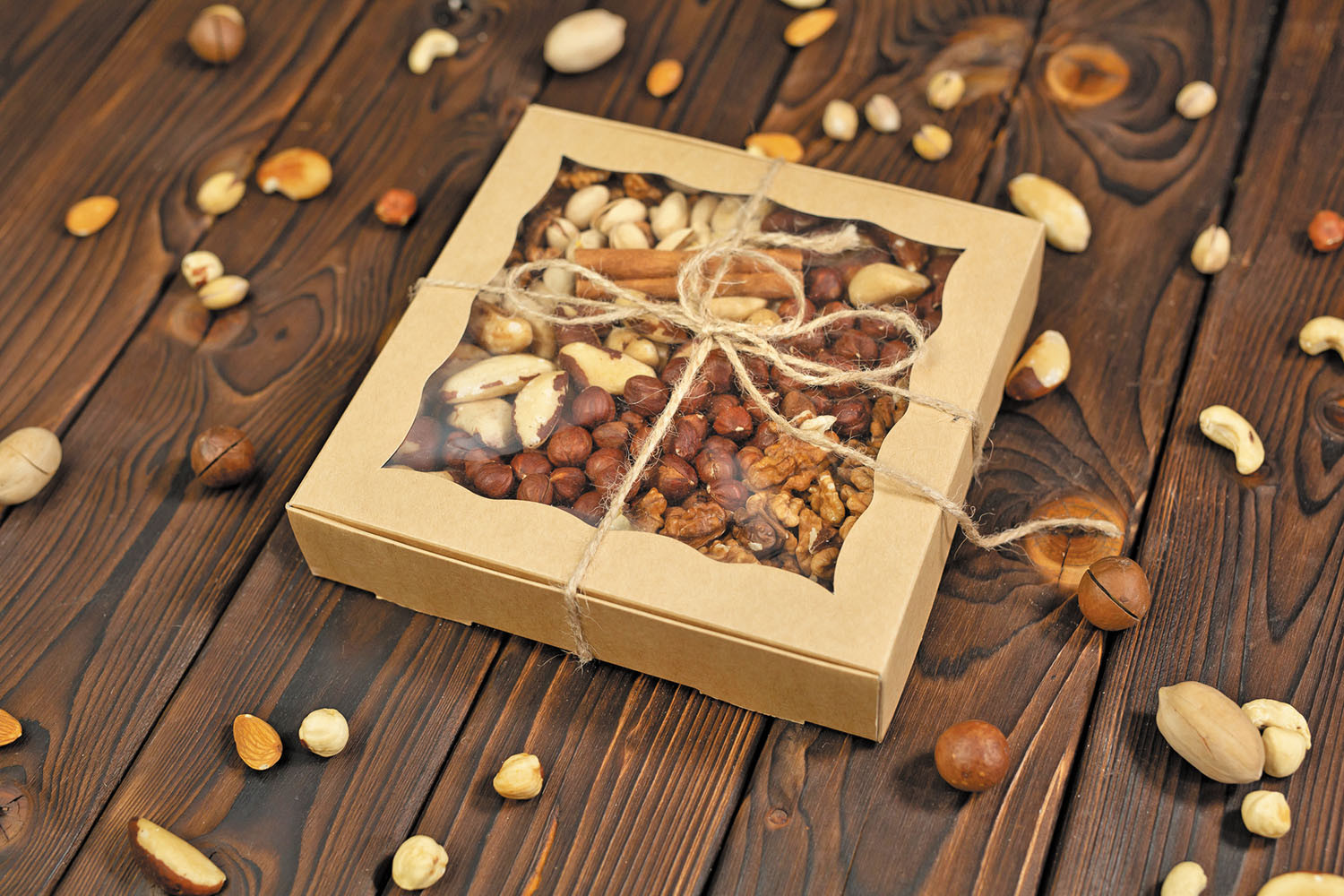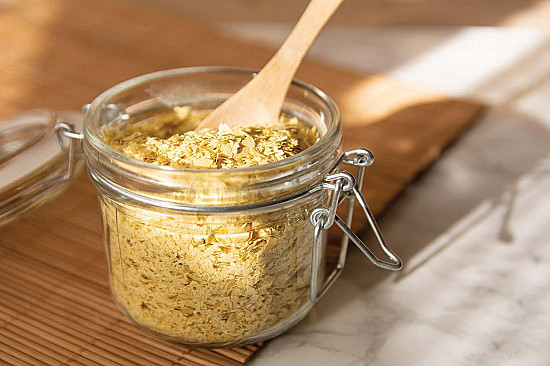Nuts: All they're cracked up to be?
Almonds, walnuts, pecans, and other nuts are chock-full of nutrients that are good for your heart.
- Reviewed by Deepak L. Bhatt, M.D., M.P.H, Former Editor in Chief, Harvard Heart Letter

Looking for an edible, heart-friendly holiday gift for family and friends? Consider a fancy assortment of dry-roasted nuts. They're a healthy yet tasty alternative to traditional holiday sweets such as candy and cookies.
People who regularly eat nuts are less likely to have heart attacks or die from heart disease than those who seldom eat nuts, according to observational studies dating back to the early 1990s. Several of the largest (including two from Harvard, the Nurses' Health Study and Physicians' Health Study) have shown a 30% to 50% lower risk of heart attack, sudden cardiac death, or cardiovascular disease linked with eating nuts several times a week.
While frequent nut eaters may have other healthy habits that help explain this improvement, the association makes sense. "Nuts contain three main components that promote heart health," says dietitian Kate Mitchell, who counsels patients at the Lipid and Cardiovascular Disease Prevention Clinic at Harvard-affiliated Beth Israel Deaconess Medical Center. They're rich in unsaturated fats, which helps lower harmful LDL cholesterol and inflammation — two key culprits in cardiovascular disease. Nuts are also a decent source of protein, which helps you feel full and may prevent overeating, she notes. And they contain fiber, which may also reduce cholesterol and increase satiety. In addition, nuts have several vitamins, minerals, and plant compounds (phytochemicals) that help counteract inflammation and oxidation, another artery-damaging process implicated in heart disease.
In fact, the FDA allows a qualified health claim on some nuts. Foods made with them are permitted to include the following statement: "Eating a diet that includes one ounce of nuts daily can reduce your risk of heart disease."
Adding nuts to your meals
Even just a few servings of nuts a week may have health benefits. But there's no downside to eating a serving a day, provided you aren't allergic and you adjust your calorie intake accordingly. A one-ounce serving of nuts (about a quarter-cup) provides about 160 to 200 calories.
A handful of unsalted mixed nuts is a great substitute for snacks made from refined carbohydrates such as chips or pretzels, which are scarce in healthful nutrients. But you can also add nuts to different dishes to take advantage of the flavor and nutrient boost nuts provide, says Mitchell. "Nuts are very versatile — you can use them in both savory and sweet dishes," she says. Her favorite tip: add toasted nuts to vegetables, which has the added advantage of making veggies (which are woefully underrepresented in the average American diet) more appetizing. For example:
- Top saut'ed green beans with sliced almonds.
- Scatter chopped walnuts on roasted carrots, broccoli, or cauliflower.
- Toss crushed pecans with chunks of baked winter squash or sweet potatoes.
You can also top vegetables with nut-based sauces. Mitchell recommends peanut sauce (see box).
Simple peanut sauceStir together 1/2 cup creamy peanut butter, 1 tablespoon low-sodium soy sauce, 1 tablespoon brown sugar, 1 to 2 tablespoons lime juice, and a pinch each of garlic powder and powdered ginger. Mix in 1 to 3 tablespoons warm water to create desired consistency. |
Peanut perks
Technically, peanuts are not nuts but legumes — edible seeds that grow in pods like soybeans and lentils. But nutritionally speaking, peanuts are similar to tree nuts and appear to provide similar heart-protecting properties. Peanuts have the added bonus of being less expensive than tree nuts. If you like peanut butter, choose a brand with no added sugar or salt and spread it on whole-grain crackers, sliced apples, or celery sticks.
Walnut benefits
Walnuts also stand apart from other nuts because they're especially rich in the fatty acid alpha-linolenic acid (ALA). Dietary sources of ALA, which the body converts to healthy omega-3 fatty acids, may lower the risk of heart attack and stroke. Try adding chopped walnuts on oatmeal or other hot or cold cereals, or stir them into pancakes, muffins, or other quick breads.
Here are a few more ideas for adding nuts to your daily fare:
- Top a bowl of yogurt and fruit with chopped pistachios.
- Toss your favorite nuts into a green salad or grain-based salad.
- Try nut-coated fish, such as pecancrusted trout or cod.
Image: © Artem Zakharov/Getty Images
About the Author

Julie Corliss, Executive Editor, Harvard Heart Letter
About the Reviewer

Deepak L. Bhatt, M.D., M.P.H, Former Editor in Chief, Harvard Heart Letter
Disclaimer:
As a service to our readers, Harvard Health Publishing provides access to our library of archived content. Please note the date of last review or update on all articles.
No content on this site, regardless of date, should ever be used as a substitute for direct medical advice from your doctor or other qualified clinician.
















